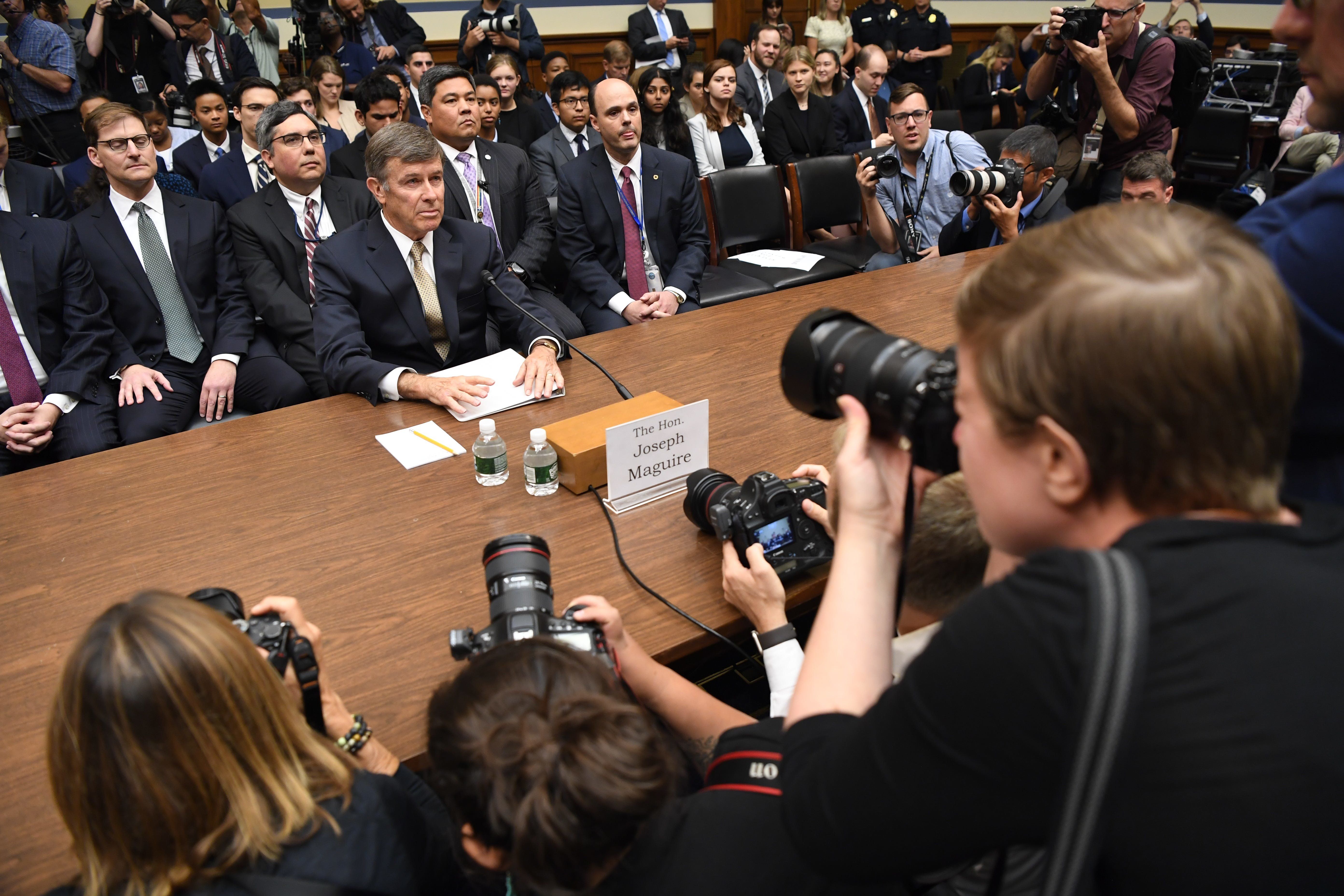The impeachment of President Trump has now begun. Investigators will now try to determine whether he tried to pressure Ukraine's president into providing damning information on former US Vice President (and current presidential candidate) Joe Biden and his son Hunter in order to help Trump win the 2020 election.
For an excellent explanation of the basics of impeachment, click here for a story by Gabrielle Debinski. To better understand what Trump is accused of, click here for the unclassified "whistleblower" letter.
But for a couple of angles you might not see elsewhere, let's look at the impact of impeachment on the Democrats running for president and on President Trump's foreign policy.
First, this is not a good story for Joe Biden. While Biden was Barack Obama's vice president, his son Hunter served on the board of Ukraine's largest private gas company and was reportedly paid up to $50,000 per month for his services.
The impeachment investigation may never prove that Joe or Hunter Biden committed crimes, but a potential conflict-of-interest story like this one will weigh heavily on Biden's bid to win his party's presidential nomination. Some Democratic Party voters will doubt Biden's honesty and move toward a candidate they trust more. Others may decide that Biden is no longer the person most likely to beat Trump.
Either way, the impeachment process will damage Biden's candidacy.
Second, how will impeachment affect US foreign policy? When the US launched cruise missiles at suspected al‑Qaeda sites in Afghanistan and Sudan in August 1998 in retaliation for the bombing of the American embassies in Kenya and Tanzania two weeks earlier, critics accused then-President Bill Clinton of using military action to distract the public from impeachment investigations. It's a reminder that military actions always face scrutiny and skepticism when presidents are in political trouble, and some warn that Trump might launch an attack somewhere to change the political subject.
But Trump's often-expressed aversion to military commitments appears to make this unlikely. In fact, impeachment could make Trump more conciliatory on some foreign-policy issues. The closing of huge deals is also central to Trump's brand, and the need to have something to show voters for his confrontation with China will only become more intense. Any president up for re-election wants a strong election-year stock market, and deals that ease trade tension, particularly with China, might be just the thing. There are some who say impeachment might help advance the NAFTA 2.0 trade deal (USMCA) if Democrats will bring it to a vote to show impeachment is not all they care about.
Some foreign leaders might welcome this. The president is about to be deeply preoccupied. That's good if you're someone who prefers that Trump stay out of your country's business. China's Xi Jinping is probably content to see Trump under pressure and in need of a signature accomplishment. Mexico's President Lopez Obrador might be pleased to see Trump turn his vitriolic attention toward Democrats. European leaders can live without more trade threats and criticism of NATO. Iran's leaders will relish Trump's frustration and hope for a new US president following the 2020 election.
But others may regret his distraction. Kim Jong-un might feel that Trump's engagement and willingness to negotiate with him is the best thing to come from the US in a long time. The Saudis want to keep Trump's mind on the Middle East and potential threats from Iran. Britain's Boris Johnson, Brazil's Jair Bolsonaro, and Israel's Benjamin Netanyahu might want more of his active personal support.
Putin might be happy either way.If impeachment strengthens Trump, then Russia's president can count on future meetings with the only American ally he can expect for the foreseeable future. If Trump is hobbled, Putin can pop up some popcorn to enjoy the ugly American spectacle.
Spare a thought for Volodymyr Zelensky. Ukraine's president can expect a rough year. Ukraine needs US political and financial support in order to hold ground against Russia and boost Ukraine's economy. That's why Zelensky needs good relations with both Republicans and Democrats.
But as the object of alleged pressure from Trump to investigate Biden, Zelensky will be at the center of the impeachment inquiry. That means he'll face pressure from Trump not to say anything incriminating and pressure from Democrats who will want him to do precisely that.
